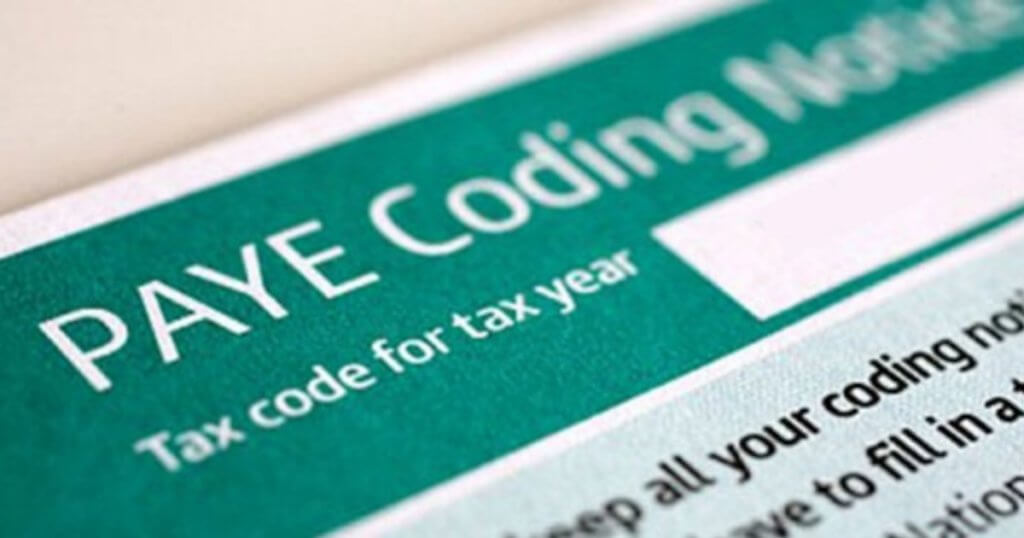What is Inheritance Tax?
If a person’s estate is worth more than £325,000 when they die, their estate exceeds the Inheritance Tax threshold. A person’s estate includes their property, money and other possessions. When this figure is exceeded, Inheritance Tax is payable.
The current rate of Inheritance Tax is 40% on anything that exceeds the £325,000 threshold. The rate can be reduced to 36% if more than 10% of a person’s estate is left to charity.
Who Pays Inheritance Tax?
It is usually the case that the executor of the will pays the Inheritance Tax bill using funds from the estate. The executor is the person(s) who is named in the will to deal with the estate. If no executor is named, an administrator deals with the estate instead.
Beneficiaries are not usually required to pay Inheritance Tax on money or possessions they inherit. A situation may arise where the estate can’t or doesn’t pay Inheritance Tax – when this arises, beneficiaries may be required to pay it. Other taxes such as Income Tax and Capital Gains Tax may also be payable by beneficiaries; for example if they make a profit from inherited shares.
When an estate is liable for Inheritance Tax, the executor usually has to make payment by the end of the sixth month after the person died. Interest will be added if this deadline is not met.
Gifts Whilst Alive
The estate may not have to pay Inheritance Tax on gifts that the deceased gave away whilst they were alive. The deceased must have lived for at least 7 years after giving the gift in order for this to apply. Gifts can include money, property, possessions, and anything that has a value. If the original owner lived for between 3 and 7 years after giving away a gift, the Inheritance Tax bill is reduced on a sliding scale.
Inheritance Tax is not payable for up to £3,000 worth of gifts given away in each tax year. Wedding gifts and gifts worth up to £250 are not usually liable for Inheritance Tax. Any gifts that married couples or civil partners give each other are also not liable for Inheritance Tax – providing that they both live in the UK.
Reducing Inheritance Tax Liability
There are many simple things that can be done to reduce your Inheritance Tax liability. If you’re married or in a civil partnership, you can give each other anything you own in order to ensure that Inheritance Tax isn’t payable on the gifts value.
You can also set up a trust to reduce your liability. You, your spouse and your children under 18 years cannot benefit from this trust, although other family members such as grandchildren can.
Charitable giving is another popular option to reduce your tax liability – as anything that you leave to charity is free from Inheritance Tax. Furthermore, if you leave more than 10% of your estate to charity, you will be eligible for reduced rate Inheritance Tax of 36%.



